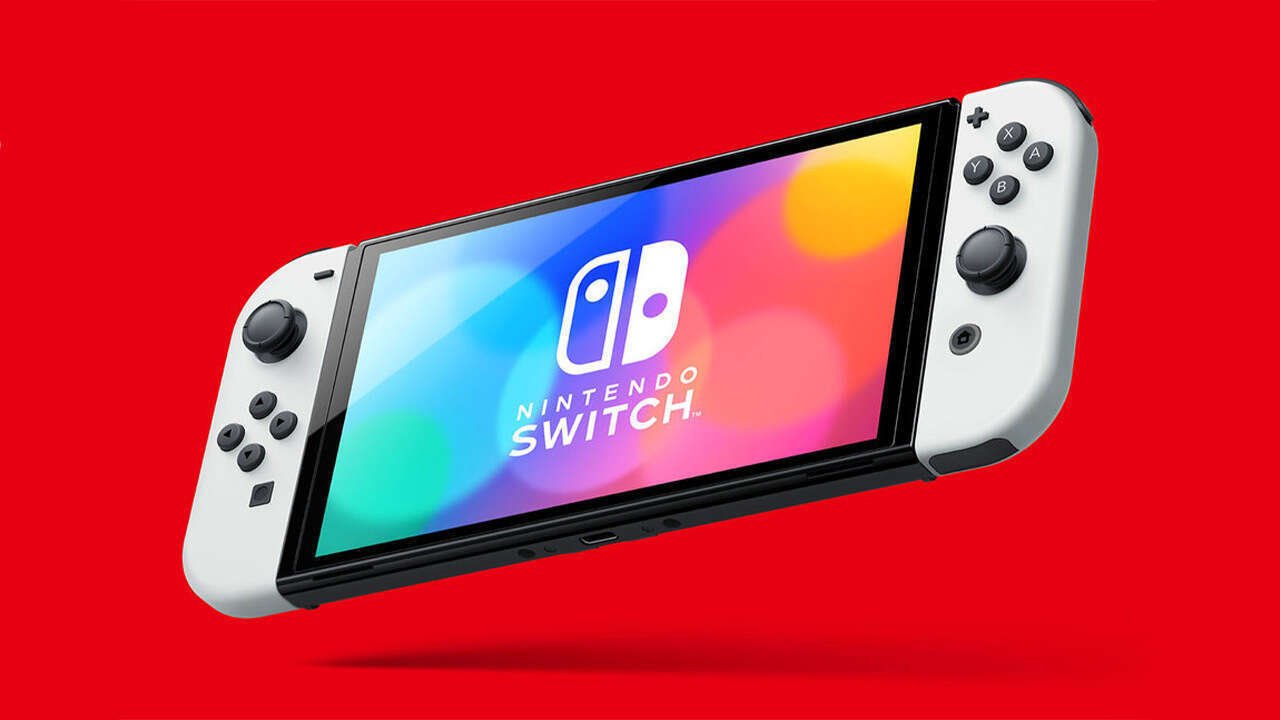In a landmark legal confrontation, Nintendo has successfully enforced its intellectual property rights against two prominent emulation projects, Yuzu and Citra, leading to their shutdown and a significant financial settlement. This development marks a notable chapter in the ongoing debate surrounding video game emulation and copyright law.
Key Highlights:
- Yuzu and Citra, emulators for Nintendo Switch and 3DS respectively, have been shut down.
- The developers agreed to a $2.4 million settlement with Nintendo.
- The legal action targeted the circumvention of Nintendo’s encryption and piracy issues.
- Both projects are to cease development and hand over all related assets to Nintendo.

Background and Settlement Details
Yuzu, an emulator for the Nintendo Switch, and Citra, for the Nintendo 3DS, were developed by Tropic Haze, LLC. These projects allowed users to play Nintendo games on platforms other than the intended Nintendo hardware. However, Nintendo argued that these emulators facilitated piracy and infringed on their intellectual property rights, particularly by enabling users to play “The Legend of Zelda: Tears of the Kingdom” before its official release.
The settlement reached in U.S. Federal Court requires the Yuzu developers to pay Nintendo $2.4 million in damages. Furthermore, a permanent injunction prohibits Tropic Haze from engaging in any activities related to the circumvention of Nintendo’s technical protection measures. This includes offering, marketing, distributing, or otherwise trafficking in Yuzu or Citra or their source codes. Additionally, all assets associated with the projects, including websites and code repositories, are to be handed over to Nintendo.
The Implications for Emulation Projects
This legal action by Nintendo sends a strong message to developers of emulation software about the potential legal ramifications of creating and distributing such software. It highlights Nintendo’s commitment to protecting its intellectual property and controlling the distribution and use of its game titles.
The Yuzu team stated on their Discord server that they initiated their project out of passion for Nintendo and its games, with no intention to facilitate piracy. However, they acknowledged that their software made it possible to bypass Nintendo’s technological protection measures, leading to extensive piracy. As a result, they have decided to discontinue their support for both Yuzu and Citra effectively immediately, emphasizing their stance against video game piracy.
The shutdown of Yuzu and Citra underlines the legal and ethical complexities surrounding video game emulation. While emulation can serve as a form of digital preservation and allow for enhanced gameplay experiences, it also poses significant challenges to copyright law and the video game industry’s economic interests. This case may set a precedent for how similar disputes are handled in the future, urging both emulator developers and gaming companies to navigate these issues with greater caution and respect for intellectual property rights.
In sum, the closure of these projects is a pivotal moment that may reshape the landscape of video game emulation. It serves as a reminder of the fine line between admiration for video game consoles and games and the legal boundaries set by copyright and intellectual property laws.


















